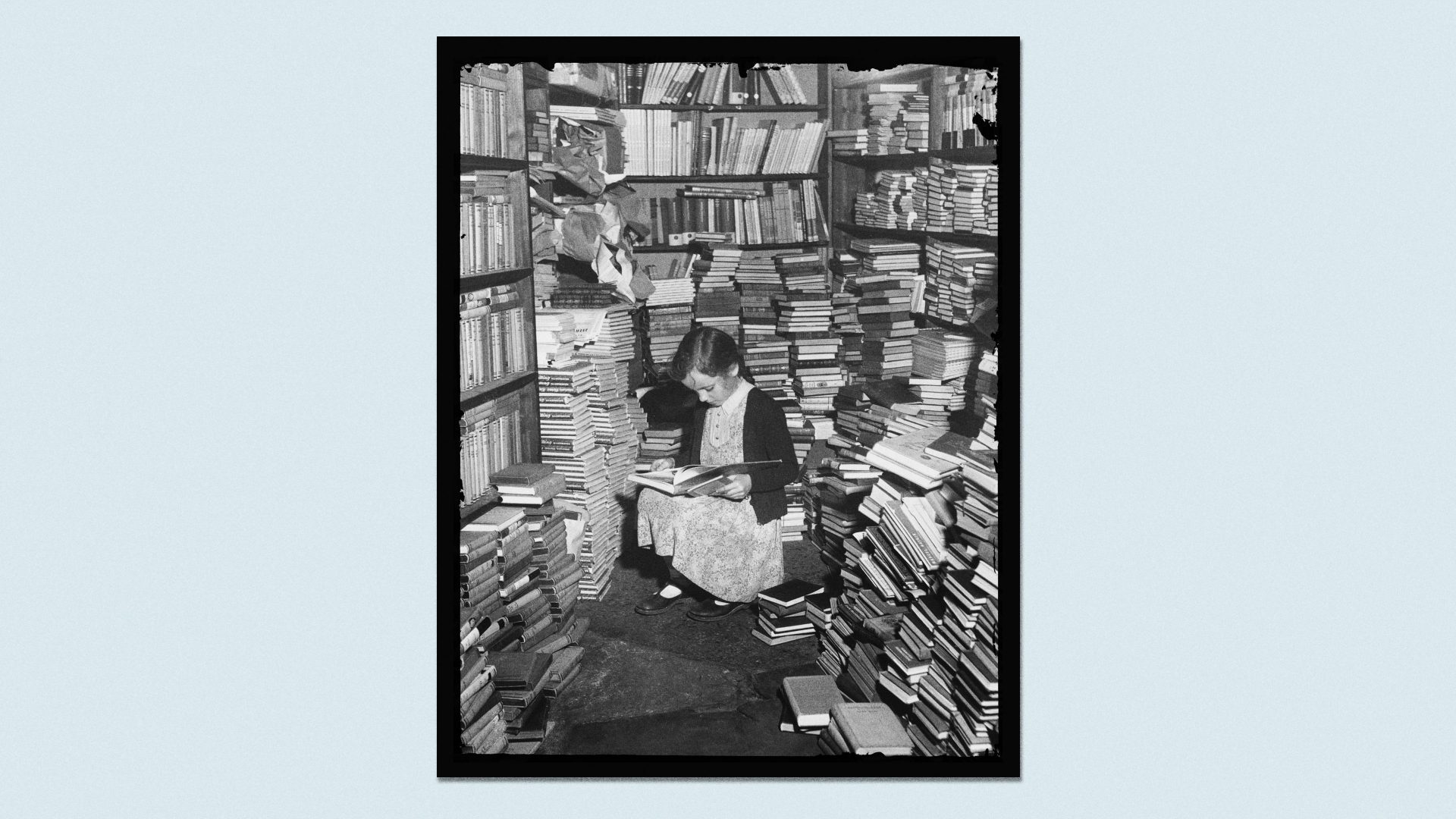The headline in the Guardian said it all: “Children read almost 25% more books last year, UK and Ireland study finds”. There was the same sort of ballyhoo in others of the papers. Really, the subs responsible for these crass
misrepresentations of trends in literacy should’ve been severely censured – or perhaps not, because what the survey actually showed is a year-on-year decline in reading comprehension, a state of affairs beautifully exemplified
by the disconnect between the headlines and the body copy of these articles.
After all, it’s easy enough to read a headline and bask in the reassurance that all is well when it comes to literacy. We’ve had numerous such exercises in self-congratulatory boosterism from the publishing industry over the past
decade or so. First, it was the Harry Potter series of books that was revitalising children’s reading, then it was YouTube influencers and all manner of other social media encouragement for da yoof to abandon their compulsive texting and surfing, and turn to the printed page.
Next came the pandemic, and a huge increase – we were assured – in engagement with reading, and now comes TikTok with its book communities. Thank God for the Chinese, eh – because without them we wouldn’t have this extraordinary increase in… sales of more Harry Potter
books, David Walliams’s titles, and the Wimpy Kid series by Jeff Kinney. And here’s the kicker: these are not just books that are hugely popular with the primary-school-age children they’re aimed at, they’re also the most popular
titles for secondary school pupils.
And here’s the even bigger kicker: despite the 25% increase in sales, according to the University of Dundee’s Prof Keith Topping, who analysed the results from a survey of 1.5 million UK and Irish pupils: “Over this long period, we have seen a repeated decline in reading comprehension from primary to secondary pupils.” I should coco – as someone who’s been teaching in higher education for over a decade, I’ve seen this decline in literacy at first hand. So has everyone working in primary and secondary education as well – except, of course, for those who think it’s perfectly
OK for adults to also be reading children’s books.
Because that’s what I recall about the whole Harry Potter phenomenon: the books’ publishers, Bloomsbury – quite possibly for the first time ever – produced two editions of the titles, some jacketed for children, others for adults so they didn’t have to feel ashamed about reading something so simplistic.
The other people who don’t care about declining literacy standards are the bien pensant middle class and the wealthy, who ring-fence their children with expensive tutoring and private schools, so as to bootstrap them back to the literacy levels young people enjoyed before the inception of the internet and the web. But out here in the ordinary world, secondary school pupils are experiencing what Prof Topping calls a “startling slump” in reading comprehension.
Only two of the top 10 most popular titles read by secondary school pupils were actually written with adult readers in mind, if, that is, you consider Orwell’s Animal Farm and Dickens’s A Christmas Carol to truly be so. The last
time I read them, both were simplistic allegories aimed by their authors at readers’ most juvenile sensibilities. Prof Topping calls for secondary school pupils to be encouraged to read more age-appropriate books, but I seriously doubt that’s going to happen anytime soon.
The pandemic, far from marking a renewal of reading as a significant form of what the French philosopher Pierre Bourdieu termed “cultural capital”, was in fact the point at which the colossal Ponzi scheme that the British education system has become was properly revealed. The Government’s decision to wholesale award GCSEs, A-levels and degrees to students who had not passed the necessary exams or submitted the required work was a de facto – as well as de jure – acknowledgement of the widening disconnect between being educated and being qualified.
Pedagogues of all stripes are deluding themselves if they don’t think students at every level have noted this – they absolutely have, and the most intelligent among them are the most disillusioned: why bother to do all that swotting
(which involves, of course, difficult reading), if the system has itself acknowledged that it’s there to be gamed. And gameable it most emphatically is – why read a taxing book when you can get your marks inflated by claiming one form of disadvantage or another. Hard-nosed technological types may think this merely to do with the touchy-feely arts and humanities subjects, but I wonder how they’ll feel when the junior doctor treating them is so illiterate he or she can’t read a drug schedule properly or adequately write up their notes.



